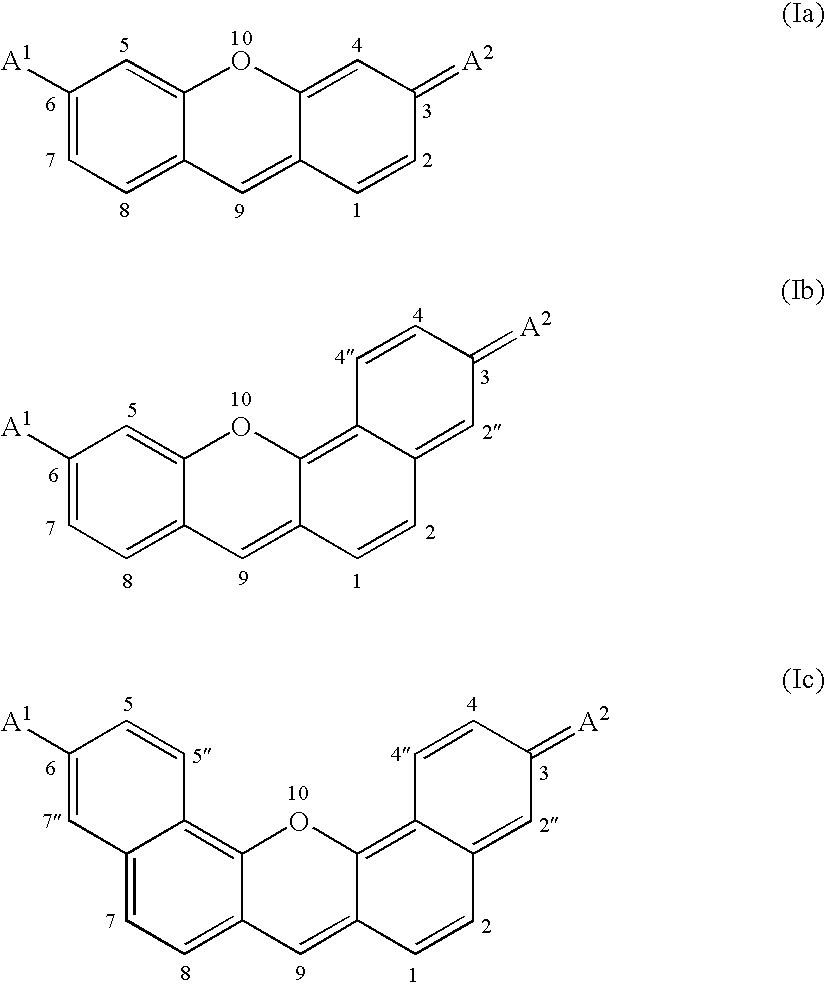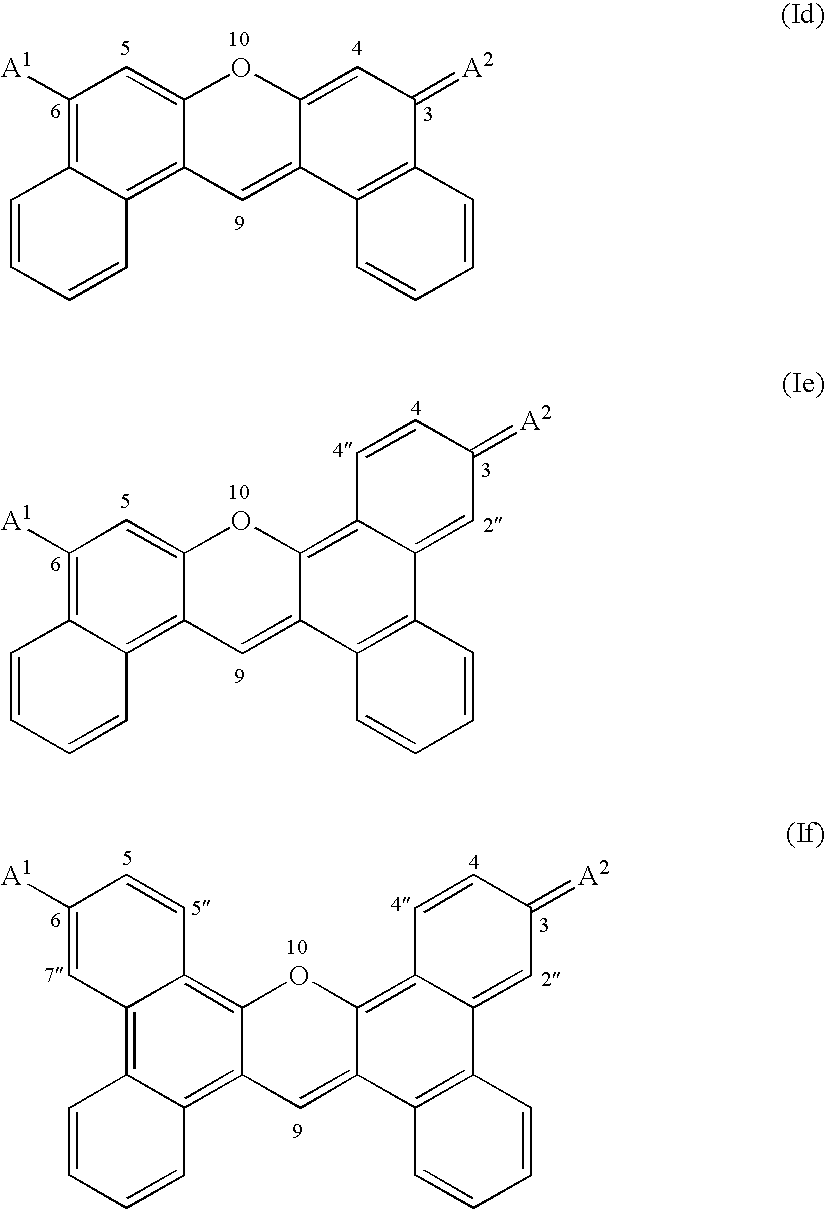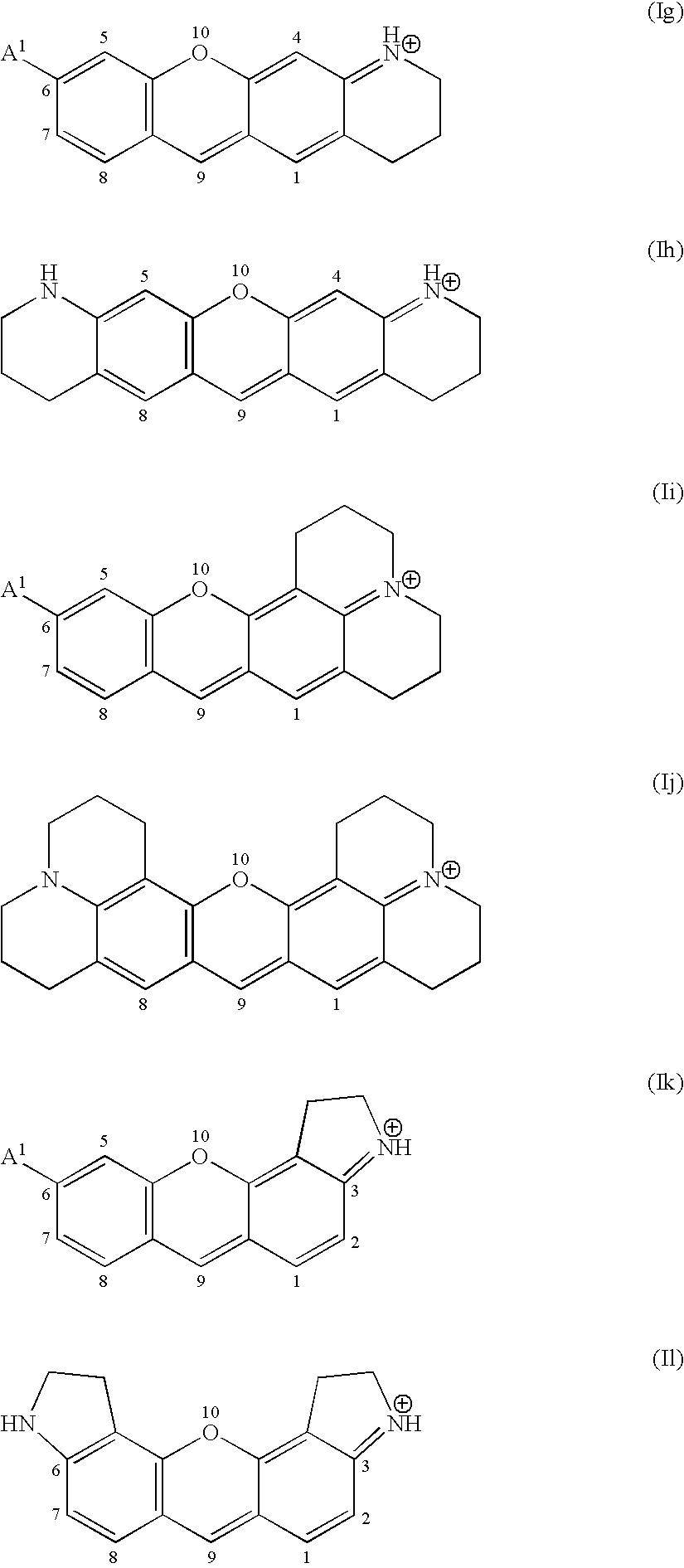Kinase substrates with multiple phosphorylation sites
a kinase substrate and phosphorylation site technology, applied in the direction of peptides/protein ingredients, immunoglobulins, peptides/protein ingredients, etc., can solve the problems of inconvenient assay protocols, insufficient fluorescence, and other deficiencies of current assay protocols, so as to facilitate the increase of fluorescence of the fluorescent moiety
- Summary
- Abstract
- Description
- Claims
- Application Information
AI Technical Summary
Benefits of technology
Problems solved by technology
Method used
Image
Examples
example 1
Preparation of Protein Kinase Substrates
[0200] Resins and reagents for peptide synthesis, Fmoc amino acids, 5-carboxyfluorescein succinimidyl ester were obtained from Applied Biosystems (Foster City, Calif.). Fmoc-Lys(Mtt)-OH, Fmoc-Ser(OPO(OBzl(OH)—OH and Fmoc-Dpr(ivDde) were obtained from Novabiochem. All other chemicals and buffers were obtained from Sigma / Aldrich.
[0201] Peptide synthesis was performed on an Applied Biosystems Model 433A Peptide Synthesizer. HPLC was performed on an Agilent 1100 series HPLC. UV-Vis measurements were performed on a Cary 3E UV-Vis spectrophotometer. MALDI Mass spectral data were obtained on an Applied Biosystems Voyager using cyano-4-hydroxycinnamic acid as matrix material.
[0202] An exemplary enzyme substrate useful for detecting protein kinase p38βII, C11—OOK(dye2)RRIPLSPLSPOOK(C11)-amide (compound 2), was prepared as follows. The peptide OOK(ivDde)RRIPLSPLSPOOK(Mtt) was constructed via solid phase peptide synthesis using standard FastMoc™ chemi...
example 2
Detection of Protein Kinase Activity
[0203] Kinase assays were performed using Coming 384-well, black, non-binding surface (NBS), microwell plates. Fluorescence was read in real time using a Molecular Dynamics Gemini XS plate reader, with excitation and emission set at 500 and 550 respectively. The plate was read every minute for one hour at ambient temperature
[0204] Concentrations of dye-labeled peptides were determined by dilution of the purified peptides into dimethylformamide (200 μL) with 1 M NaOH (5 μL) and measuring the absorbance of either 5-carboxy-2′,7′-dipyridyl-sulfonefluorescein (i.e. dye2) at its absorbance maximum (548 nm) or 2′,7′,4,7-tetachloro-5-carboxy fluorescein (i.e. 2′,7′-dichloro-5-carboxy-4,7-dichlorofluorescein or “tet”) at its absorbance maximum (541 nm). The extinction coefficient of both dyes was assumed to be 80,000 cm−1M−1.
[0205] A reaction solution was prepared containing compound 1 (2 mM) 20 mM Tris buffer, pH 7.4, MgCl2 (5 mM), DTT (5 mM) and p38b...
PUM
| Property | Measurement | Unit |
|---|---|---|
| pH | aaaaa | aaaaa |
| pH | aaaaa | aaaaa |
| molecular weight | aaaaa | aaaaa |
Abstract
Description
Claims
Application Information
 Login to View More
Login to View More - R&D
- Intellectual Property
- Life Sciences
- Materials
- Tech Scout
- Unparalleled Data Quality
- Higher Quality Content
- 60% Fewer Hallucinations
Browse by: Latest US Patents, China's latest patents, Technical Efficacy Thesaurus, Application Domain, Technology Topic, Popular Technical Reports.
© 2025 PatSnap. All rights reserved.Legal|Privacy policy|Modern Slavery Act Transparency Statement|Sitemap|About US| Contact US: help@patsnap.com



